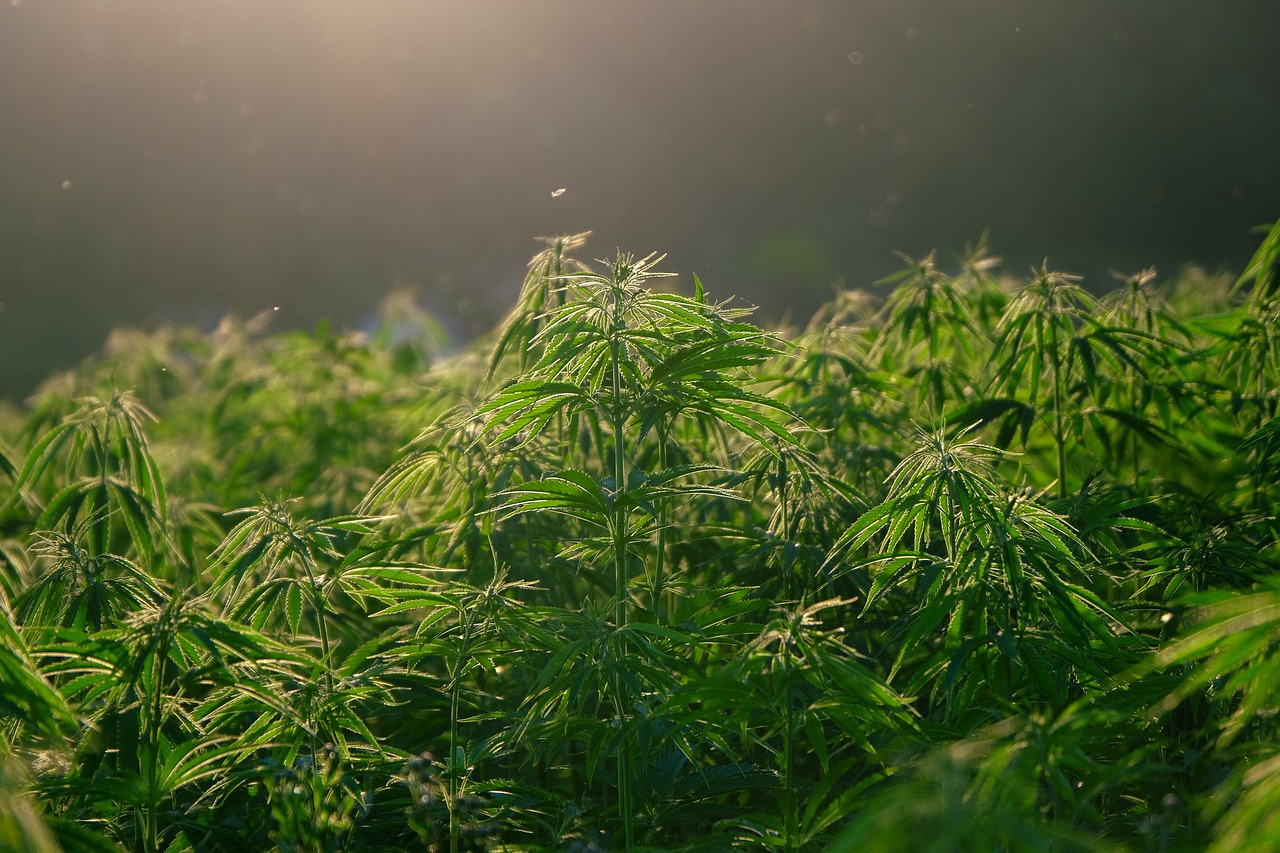In recent years, the cannabis industry has seen a surge in interest surrounding THCA flower. This compound, often overshadowed by its more famous counterpart THC, offers unique properties and benefits that are gaining attention among consumers and researchers alike. This article explores the intricacies of THCA flower for wellness, its benefits, and its potential applications.
What is THCA?
THCA, or tetrahydrocannabinolic acid, is a non-psychoactive cannabinoid found in raw and live cannabis plants. Unlike THC, THCA does not produce the “high” typically associated with cannabis consumption. This is because THCA must undergo decarboxylation, a process involving heat, to convert into THC.
How THCA Differs from THC
While both THCA and THC originate from the same plant, their effects and uses differ significantly. THCA is present in raw cannabis and is known for its potential therapeutic benefits without the psychoactive effects. In contrast, THC is the compound responsible for the euphoric sensations experienced when consuming cannabis.
Potential Benefits of THCA
Research into THCA is still in its early stages, but preliminary studies suggest several potential health benefits:
- Anti-inflammatory Properties: THCA may help reduce inflammation, making it a candidate for managing conditions like arthritis.
- Neuroprotective Effects: Some studies indicate that THCA could offer neuroprotective benefits, potentially aiding in the treatment of neurodegenerative diseases.
- Anti-emetic Properties: THCA might help alleviate nausea and vomiting, which could be beneficial for patients undergoing chemotherapy.
- Appetite Stimulation: Similar to THC, THCA may help stimulate appetite, which can be useful for individuals with eating disorders or those undergoing treatments that suppress appetite.
How to Use THCA Flower
THCA flower can be consumed in various ways, each offering different experiences and benefits:
- Raw Consumption: Consuming raw cannabis leaves or flowers in smoothies or salads preserves THCA’s non-psychoactive properties.
- Juicing: Juicing raw cannabis is another method to intake THCA without converting it to THC.
- Topicals: THCA-infused creams and balms can be applied directly to the skin for localized relief.
Legal Status of THCA
The legal status of THCA varies by region. In many places, THCA is not classified as a controlled substance, given its non-psychoactive nature. However, once decarboxylated into THC, it falls under the same legal restrictions as THC. It’s crucial for consumers to understand the laws in their area before purchasing or using THCA products.
Case Studies and Research
Several studies have explored the potential benefits of THCA. For instance, a study published in the British Journal of Pharmacology highlighted THCA’s anti-inflammatory properties. Another research project conducted by the University of Guelph examined THCA’s potential in reducing nausea and vomiting in animal models.
Consumer Considerations
When purchasing THCA flower, consumers should look for reputable sources that provide lab-tested products. This ensures the product’s purity and potency. Additionally, understanding the product’s cannabinoid profile can help consumers make informed decisions based on their needs.
Future of THCA in the Cannabis Industry
The growing interest in THCA suggests a promising future within the cannabis industry. As research continues to uncover its potential benefits, more products featuring THCA are likely to emerge. This could lead to a broader acceptance and integration of THCA into mainstream health and wellness practices.
Conclusion
THCA flower represents an exciting frontier in cannabis research and consumption. With its potential therapeutic benefits and non-psychoactive nature, it offers an alternative for those seeking the advantages of cannabis without the high. As the industry evolves and more research becomes available, THCA may play a significant role in the future of cannabis-based therapies.
